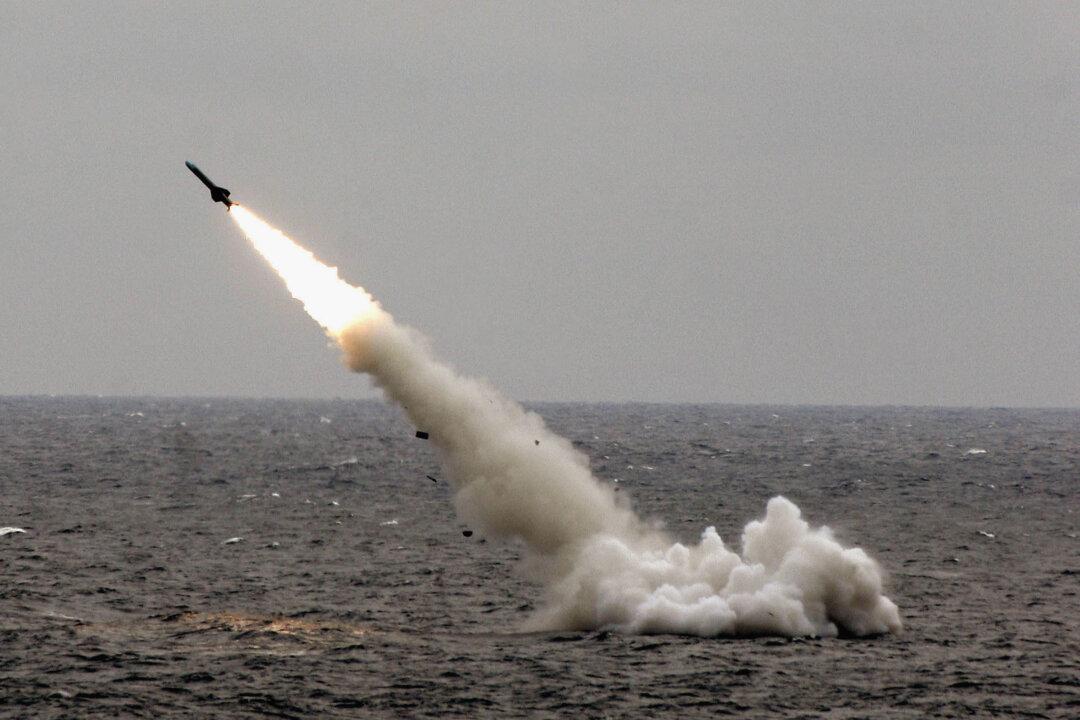Chinese Communist Party (CCP) propaganda newspaper The Global Times has called for Beijing to plan missile strikes targeting Australia if it were to join the United States in aiding Taiwan against an attack.
The message—which appeared in an op-ed published by The Global Times’ Chief Editor Hu Xijin—comes after the CCP “indefinitely suspended” high-level economic talks with Australia on May 6.





